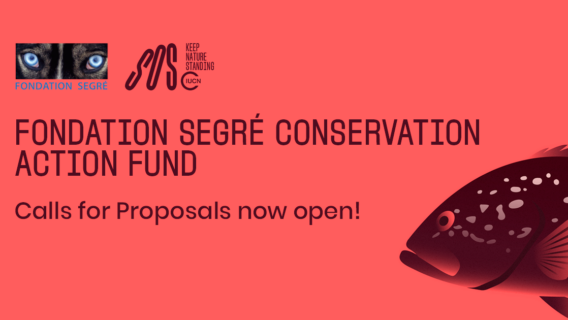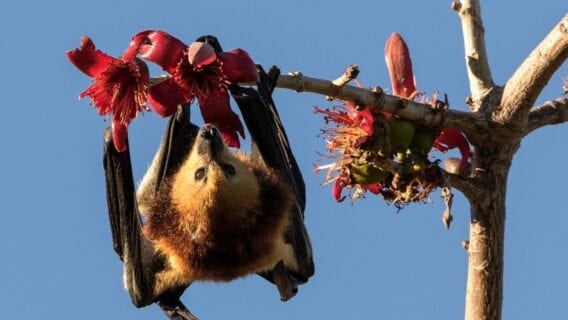Driving Tiger Conservation: Insights from the 2nd Tiger Programme Workshop in Bangkok

53 individuals attended the three-day event, among them were representatives and project managers from 14 distinguished organizations spanning tiger range countries, all beneficiaries of the Integrated Tiger Habitat Conservation Programme (ITHCP). Other attendees included members of the ITHCP Programme Advisory Committee, the ITHCP Programme Council, representatives from KfW, the IUCN Asian Regional Office, and various IUCN Country Offices across Thailand, Myanmar, Cambodia, Nepal, Bangladesh, and India.
Dr. Dindo Campilan, IUCN’s Regional Director for Asia, inaugurated the workshop by extending a warm welcome to participants hailing from diverse backgrounds, including governmental agencies, NGOs, and funding bodies. He expressed gratitude for the generous support extended by the German Cooperation (BMZ) via KfW Development Bank, whose €47.5 million funding has been instrumental in driving the ITHCP’s mission. Dr. Somying Thunhikorn, representing Thailand’s Department of National Parks, Wildlife and Plant Conservation (DNP), underscored the department’s steadfast dedication to tiger conservation and commended the invaluable contributions of the ITHCP. Nina Otto, Senior Portfolio Manager at KfW, shared insights gleaned from her involvement with the ITHCP, highlighting its pivotal role as a flagship initiative in global tiger conservation efforts. Elke Hellstern, a member of the ITHCP Programme Council, emphasized the significance of knowledge exchange between the ITHCP and its grantees in realizing shared objectives.
The workshop comprised nine sessions, including four technical thematic sessions focusing on tiger monitoring, human-wildlife conflict, habitat management, and community engagement, alongside four project management sessions delving into various aspects such as project management and reporting, finance and procurement, Environmental and Social Management System (ESMS), and communication and capacity building. Each session incorporated presentations and fostered interactive discussions among participants.
Feedback at the end of the workshop highlighted the workshop’s efficacy as a platform for collaboration, knowledge sharing, and experiential learning. Presentations, group discussions, and networking opportunities were lauded for their effectiveness, with many expressing a desire for more frequent workshops and online learning sessions to sustain momentum and expand knowledge sharing. Some participants also suggested allocating more time for sharing best practices, including organizing field trips to enhance understanding of tiger conservation efforts in the host country.
Looking ahead, the ITHCP will leverage insights gleaned from the workshop to develop strategies aimed at optimizing support for grantees, while exploring avenues for capacity-building activities. Mechanisms facilitating the exchange of expertise and information among grantees will be established, incorporating feedback from participants into the planning of future workshops, slated for 2026.
In summary, the workshop proved to be a resounding success, fostering collaboration and facilitating the exchange of knowledge among ITHCP partners. By heeding feedback and implementing suggested actions, future workshops hold the promise of being even more impactful and invaluable for the tiger conservation community.
Since its inception in 2014, the ITHCP has been at the forefront of tiger conservation efforts, safeguarding habitats, promoting sustainable livelihoods for local communities, and ensuring the long-term survival of these majestic creatures. To date, the ITHCP has funded 25 projects across six tiger range countries, with 12 projects currently in active implementation across various partner organizations.




